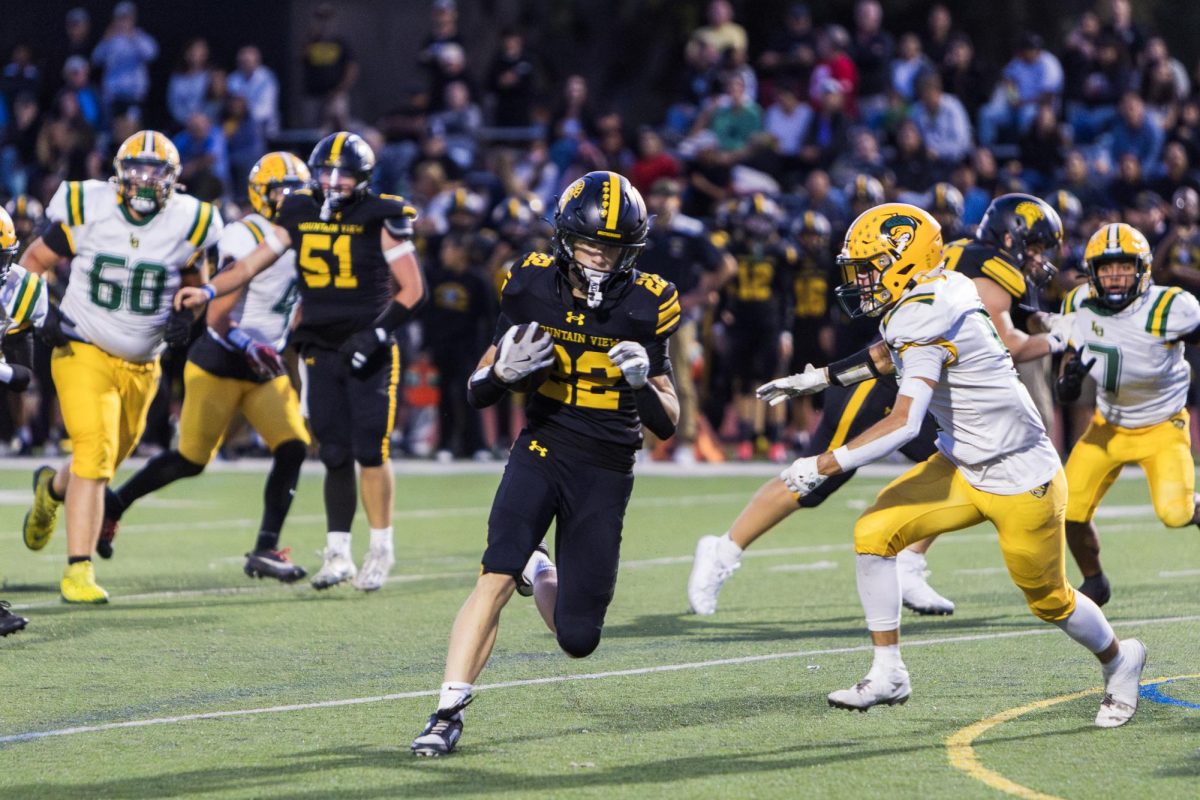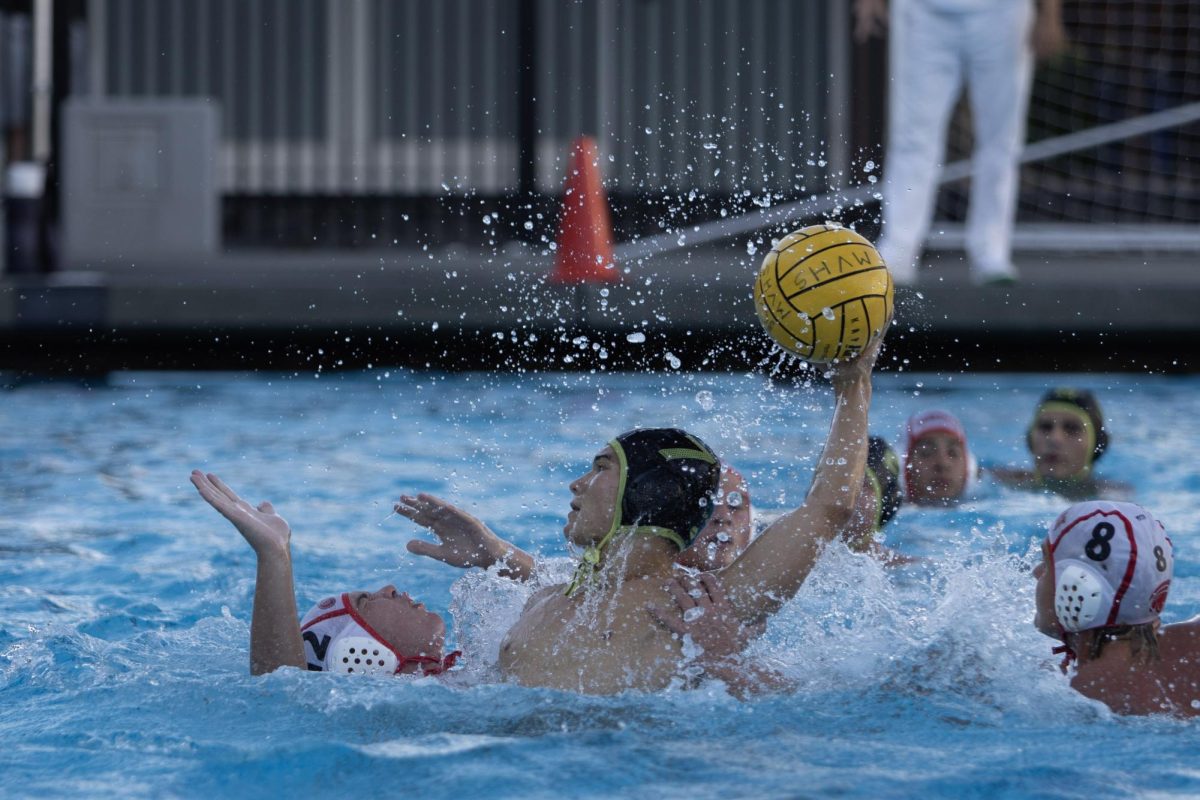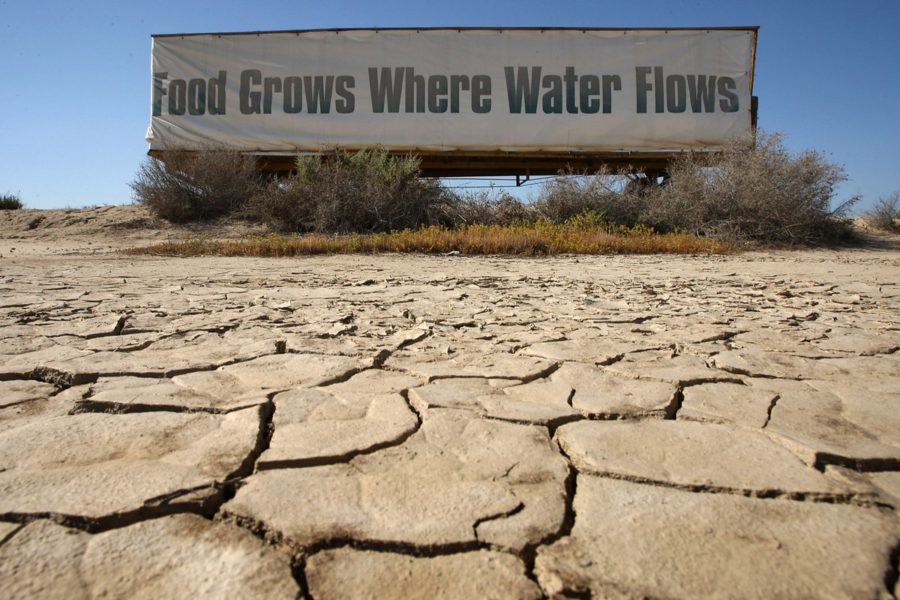While many high schoolers around the U.S. are having snow days, we here in California are enjoying our warm and sunny lunchtime breaks at Mountain View High School. Breaking out our spring clothes is nice, but the lack of rain isn’t.
The drought is so threatening, in fact, that California has declared a state of emergency. California is in the middle of the driest year on record and the effects have caused a huge backlash within our society. Farmers are in need of water for their thirsty crops, but as water has begun to run low, irrigation has become a huge problem. This situation is compromising many jobs and threatening the incomes of those who work in agriculture.
The dry winter has also raised the fire danger throughout California. Grass and brush, which is usually not in danger of burning, has been completely dried, causing fires to move fast and grow more easily. More firefighters have been hired to combat the wildfires that have been springing up and more fire engines have been brought into stations. Obviously, this costs money that we would rather not spend, but it is essential for keeping the public safe. While the state is protecting our safety, we should be helping out too in our homes and communities.
Wild animals like the Coho Salmon are also being affected by the drought, and are in danger of becoming extinct. The Coho rely on rain around this time to move into streams for reproduction, but the drought has left them stranded in the ocean. Efforts have been made to lure the fish to streams and some are even being bred to keep the genetic line alive, but it is clear that rain is essential to keep the Coho Salmon and other creatures relying on rain alive.
While water rationing is voluntary at the moment, the state has asked that citizens try to cut their water usage by 20%. Students at MVHS can do their part in a few ways too. Taking shorter showers is an easy way to lower how much water you use. Another simple method to saving water is to never pour out a bottle with water in it into the trash. By either saving it to drink later or watering your plants, you are helping out. Another place where water is really wasted is on your lawn. According to the Association of California Water Agencies, the grass from your lawn takes up about 57 inches of rain a year. By watering it less or stopping altogether, lots of water is being conserved.
As governor Jerry Brown says, “This takes a coming together of all the people of California to deal with this serious and prolonged event of nature. Hopefully it’ll rain eventually. But in the meantime, we have to do our part.”
While parts of Northern California have received some rain in the past few days, it’s not nearly enough, and water conservation efforts should still be continued.
*
































